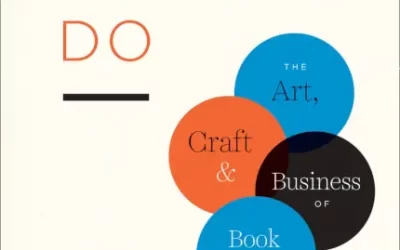These days, a lot of quality work is being performed by non-native English-speaking authors. Therefore, a positive and inclusive author experience is essential to keep submissions rolling in and to establish a favorable reputation for your journal.
Once a manuscript makes it past the initial stage of scrutiny, there are numerous editorial reasons for rejection; among those, many journals commonly list language and stylistic deficiencies. Thus, English as a second language (ESL) authors face an especially challenging hurdle: translating manuscripts into English while preserving the intended meaning of the research. When rejecting a paper for linguistic issues, your editors do have control over whether comments to authors come across as constructive, admonishing, or even insensitive. Here are some strategies you can share with editors to help ensure a positive and inclusive author experience.
- Promote mindfulness: Direct awareness to the possibility that your editors could be making unconscious assumptions about ESL authors. Such assumptions often stem from implicit bias in regard to other people’s gender, race, ethnicity, institutional affiliations, and geographic origin. Consider initiating discussion or training to reduce such biases. Additionally, remind editors to be mindful when providing feedback to authors. If feedback is not given in a thoughtful way, it could have negative results, such as a loss of submissions from innovative researchers around the world. This post in AAAS’s Science Magazine provides a firsthand account of how an author feels when discourteous comments are made about the quality of the English language in their manuscript, providing a wake-up call about the impact of comments when delivered abruptly.
- Consider the options: There are different ways editors can choose to handle a submission that needs language improvements. A manuscript submitted by an ESL author may be more challenging to process and review because the language and grammar problems within it make the ideas it presents difficult for the reader to comprehend—and some busy editors might immediately reject such a manuscript for this reason. Another option would be to return the manuscript to the authors for language improvements, while leaving open the option for resubmission. Consider encouraging editors to give authors the opportunity to improve their manuscript when language issues prevent an accurate assessment of the content.
- Be proactive: Help authors to understand the submission process and assist with clarifying reviewer comments. Reviewing author instructions and identifying areas that may lack clarity for ESL authors is a proactive step toward preventing unnecessary confusion and errors down the line. Another suggestion is to have instructions reviewed by non-native English speakers who are willing to provide feedback. If your journal receives a large number of submissions from a particular country, you may consider investing in translation of your guidelines.
- Be helpful: If a paper must be sent back for English language improvements, ensure that your editors offer helpful feedback. Journal publishers should have author resources on hand. For example, offer a web page where authors can get help with editing, translating, and formatting. If your journal does not have the internal resources for this, consider partnering with an editorial vendor who does. Streamline your feedback on language by using informative email template text and/or links. Specific wording is essential. For example, offer resources for authors to seek assistance from a service offering full professional proficiency in English rather than “assistance from a native English speaker,” as advised by an experienced ESL author.
If a manuscript is rejected for language and style issues, editors should still promote an optimal author experience. Perpetuating an approach that may be interpreted as dismissive and unhelpful could diminish the perceived value of your journal.
We invite you to share some strategies that you have used to help authors improve the language of their submissions. What are some obstacles that you have experienced? What have you learned along the way as you have begun to adapt to the current scholarly publishing landscape?




